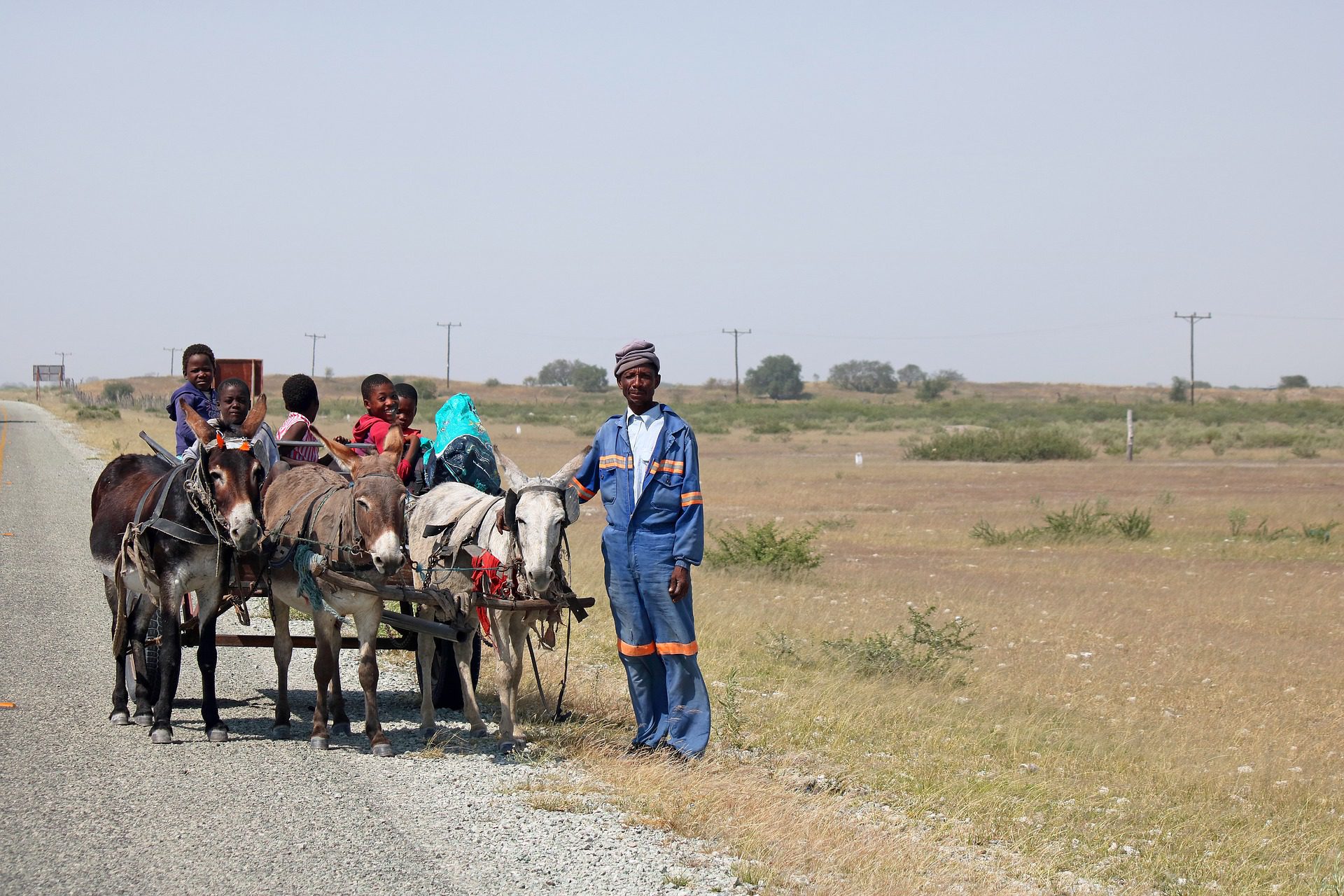
Roaming Africa: Migration, Resilience and Social Protection
Preface by Zaminah Malole
The person who has not travelled widely thinks his mother is the only cook.- Ugandan proverb
This Ugandan proverb, which is known in many African languages, teaches human beings to move out of the known and go elsewhere. Migration is not always forced by the violence caused by nature or people – migrating and mobility is also about learning and broadening the mind. It is in the nature of people to move to different places. Mobility is a basic human right. It is a social necessity. Mobility helps economies and sustains livelihoods in arid lands.
Migrants and refugees are often talked about, but rarely heard. As their voices are stifled, we know little about the circumstances of migrants or mobile communities and of those who have been forced to flee and lead lives as refugees. Today, in 2019, there are nearly 70 million people around the world who have been forced from their homes. Among them are more than 25 million refugees, over half of whom are under 18. There are an estimated 10 million stateless people, who are denied nationality and, with it, access to basic rights such as education, health care, employment and freedom of movement.
You will not read in this book about numbers, but about people and the different circumstances in which they migrate, for very different reasons, and with very different needs. Those who migrate often leave everything behind to jump into an unsure life. The Zimbabweans say: “A king’s child is a slave elsewhere”.
We should prepare now for the solutions of tomorrow. Uganda has taken a positive approach towards migrants and refugees. In Uganda, we welcome newcomers and focus on how they can contribute positively to our country and economy. The integration of refugees and migrants into our communities has worked very well. As refugees and migrants have found that they are welcome, they have given back and we as a nation have benefited from what they have to offer. We urge other countries to follow our example, to see the benefits that migrants bring and to demonstrate commitment towards the protection and integration of refugees.
We invite the African continent to follow the Pan African spirit. We are one continent, really a continent without borders, in which we are guided by the spirit of ubuntu: as long as one person suffers, we all suffer. Migrants and refugees are our brothers and sisters. Many cannot go home because of conflict and persecution. Many live in perilous situations. We need to allow migrants and refugees to speak up, not stifle their voice; we need to support them so that they can find their feet and build up their lives, so that they can live in dignity and be part of our communities.
The fear of exploitation and abuse is what undermines the entrepreneurial spirit of migrants and refugees. We need to establish solid frameworks to support them, make sure they are protected by the rule of law and that their safety and security is not undermined. Africa can set an example for the world by applying common sense that is good for the wellbeing of migrants and refugees and that benefits our nations. To achieve this, we need to think of migration and mobility as a natural way of life, which has existed as long as we can remember and which has benefited all our people. A way of life for which we are prepared and have the knowledge and experience to handle within our communities. A Maasai proverb says: “If a stranger comes to stay with you, do not forget when you lay aside his weapons that he is hungry”.
Africa has the wisdom and experience to lead the world towards a sensible approach in which migrants and refugees are not despised, but welcomed, according to African hospitality and traditions of building peace among and between our communities.
H.E. Zaminah Malole Member of the Commission of Equal Opportunities Government of Uganda
Read complete book here.
